
By AMOS SAFO
On Saturday, December 7, five days from today Ghanaians will go to the polls to elect a President and Members of Parliament for 275 constituencies across the country.
As Ghanaians go to the polls, they must be reminded that Ghana does not need another hung Parliament. This is because, the current experiment has failed to yield productive results.

A hung Parliament is when no major political party has an absolute majority of seats in Parliament. In most two-party general elections, one party will win an absolute majority and establish a government; however, if no party wins an absolute majority, the main parties may create a coalition government.
This is not the case in Ghana, where the winner takes all is the practice. This practice requires a government to have majority MPs to consolidate its powers. This makes the parliamentary elections equally as important as the presidential vote. In fact, the current equal composition of Parliament has been mostly unproductive since January 2020.
Parliamentary majority
It is on record that the December 7, 2020, parliamentary election, produced a legislature that departed from the norm. The two major political parties, the ruling New Patriotic Party (NPP) and the main opposition National Democratic Congress (NDC) obtained 137 to 137 seats. An Independent Member of Parliament of Fomena, Mr. Andrew Asiamah offered his seat to NPP to give it a slim working majority.
A subsequent election of the Speaker of Parliament saw the NDC candidate, Alban Sumana Bagbin unexpectedly becoming the Speaker. The election of the Speaker was marked by violence on the floor of the House, which many Ghanaians described as shameful and undignified. The same election was equally marked by betrayal by one or two Members of Parliament of the NPP, who voted for the opposition candidate.
Despite the ugly scene and the unexpected outcome of the election, many political analysts had expected that the Speaker of Parliament to lead Parliament to conduct business through consensus and in the national interest. Unfortunately, political partisanship dominated Parliamentary business for the best part of the four years, with NPP MPs persistently accusing the Speaker of Parliament of bias.
Since the inception of the 4th Republic, governments in power have enjoyed majority, and in some cases, overwhelming majority in parliament, the only except on being the current parliament after the 2020 elections. The outcome of the 2020 parliamentary election is therefore historic and very significant for the 4th Republic, especially as the country works towards strengthening and consolidating its young parliamentary democracy.
Consensus
In his inaugural speech, on January 7, 2020, the outgoing President, Nana Addo Dankwa Akufo-Addo stated that the desire of the electorate was that both NPP and NDC members must work together to promote national development. Unfortunately, many people have accused the Speaker of Parliament,
Alban Sumana Bagbin of projecting his party colours more than the national colours. The historic case of the Speaker unconstitutionally sacking some Members of Parliament and declaring NDC as the new majority is a clear example of his biased leadership.
Despite the Supreme Court overturning his decision, the Right Honourable Speaker has failed to reconvene Parliament to discuss crucial bills, including an appropriation bill to enable the outgoing government to raise money for government business for the first quarter of 2025. As things stand now, no matter which party comes to power on January 7, 2025, it will be difficult to pay public sector workers.
No indication
At the time of writing this report, there was no indication that Parliament will reconvene before the elections on December 7. In a memo to the Majority Leader, Honourable Afenyo Markin, the Speaker of Parliament stated that Parliament would resume after the elections to address essential matters, including ensuring a smooth transition to the 9th Parliament of the Fourth Republic.
To be honest, I wonder whether a defeated member of parliament will have the motivation to participate in Parliamentary business after the election. Thus, the Speaker’s feet-dragging in reconvening Parliament has all but brought business the of the 8th Parliament to an end.
Never again
Despite some merits of a hung parliament as in the Parliamentary system of Great Britain, Australia and India, where governments are allowed to form coalition governments for lack of majority, Ghana’s presidential system or winner takes all does not allow for coalition government.
The Afro Barometer survey of August 2022 found that almost half of Ghanaians say the country’s hung Parliament has made members of Parliament (MPs) more effective at scrutinizing government spending. The survey highlighted strong public support for the central role of MPs in making laws and holding the president accountable.
But fewer people saw gains in MPs of both sides using consensus building to conduct Parliamentary business. Despite the Afro Barometer findings, many people argue that the 8th Parliament of the 4th Republic has not lived up to expectations. For the best part of its four-year tenure the output of this hung Parliament has been counter-productive to say the least.
For this reason, the electorate must be purposeful and unwavering in voting for a presidential candidate and giving him a majority in Parliament. In my view, never again should we have a hung parliament. It did not work for the 8th Parliament and will not work for the 9th Parliament and subsequent Parliaments. In addition, never again should we have a speaker from a minority party. The experiment with the Alban Bagbin-led Parliament did not work under the 8th Parliament and will not work in subsequent parliaments.
Consequences of 2022 budget
As stated earlier, my beef with the hung Parliament under the current Parliament is the Speaker’s overly partisan approach to conducting affairs of the House. A case in point is the supposed rejection of the 2022 Budget by the Minority MPs, with the Speaker in the seat. The rejection of the 2022 budget undermined investor confidence in Ghana, as it sent strong signals to the international community that Ghana’s economy was in disarray.
This led to panic disinvestment in the dollar-denominated bonds in Ghana. The investors requested their money in dollars, which caused high demand in dollars and subsequent rapid depreciation of the cedi. It further made it difficult for the government to borrow from the international market at reasonable interest rates.
Rippling effect
The rippling effect of a rapid depreciation of the cedi was and still is the rise in the prices of goods and services. Unfortunately, the NDC MPs celebrated what appeared to be an obvious plan to destabilize the economy and make Ghana ungovernable. Small wonder that 2022 marked the reversal of economic growth, coming on the heels of the Covid 19 which devastated several economies, including Ghana.
The rejection of the 2022 budget had many things in common with the rejection of the budget in 1981 under President Hilla Limann. Like in 2022, in 1981 the rejection of the budget caused high rises in the prices of goods and services and the consequent social and economic upheaval.
The social agitation became the pretext for the military coup by the Provisional Defence Council (PNDC) led by Jerry John Rawlings.
It was during the rise in the prices of goods and services in 2022 that some people, known to be opposition supporters openly agitated for military intervention in Ghana. Thank God, many well-meaning Ghanaians had the empathy for the government and refused to be influenced by the prophets of doom and naysayers.
The Armed Forces of Ghana who were being instigated to disrupt the constitutional order refused to be swayed by the coup mongers. Never again should the military and the police allow themselves to be used by selfish politicians and their stomach-directed journalists.
Sale of Tema Port
Perhaps, one of the worse decisions that affected the economic progress of Ghana was the sale of 70 percent of the Tema Port to a European investor for $7 billion for 35 years. Sadly, the $7 billion has not been accounted for by the John Mahama-Administration. Tema Port is Ghana’s biggest revenue earner, so divesting 70 percent of this national revenue generator to a foreign investor amounts to stabbing Ghanaians in the face.
Several stakeholders have argued that the control of the Tema Port by foreign interests is the cause of the high port charges and the consequent high cost of imported goods. Some financial analysts have estimated that the foreign investors recoup an average of $750 million in port charges a year, most of which is repatriated to the countries of the investors.
The annual repatriation of the huge revenues in dollars is no doubt bleeding Ghana’s economy and starving the economy of the desired revenue. Much as the current government would have loved to return ownership of the port to the people of Ghana, the government will need a colossal $21 billion as compensation to abrogate the contract.
Thus, we live in a country where a government sells valuable national assets to foreign investors and shows no remorse for that unpatriotic decision. Never again, should we have a government that will place its selfish interest above national interests. Ghana deserves better leadership that will protect our national interests at this critical stage of our development.
The post A hung Parliament? Never again! appeared first on The Business & Financial Times.
Read Full Story

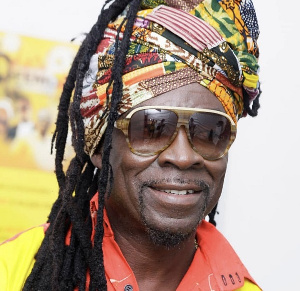
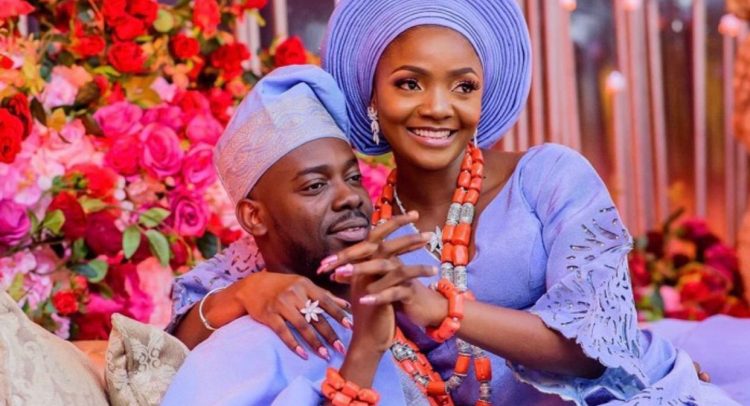


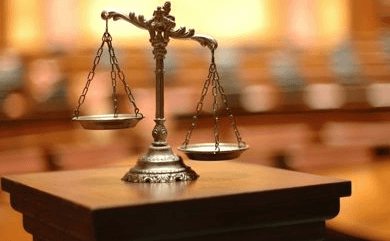


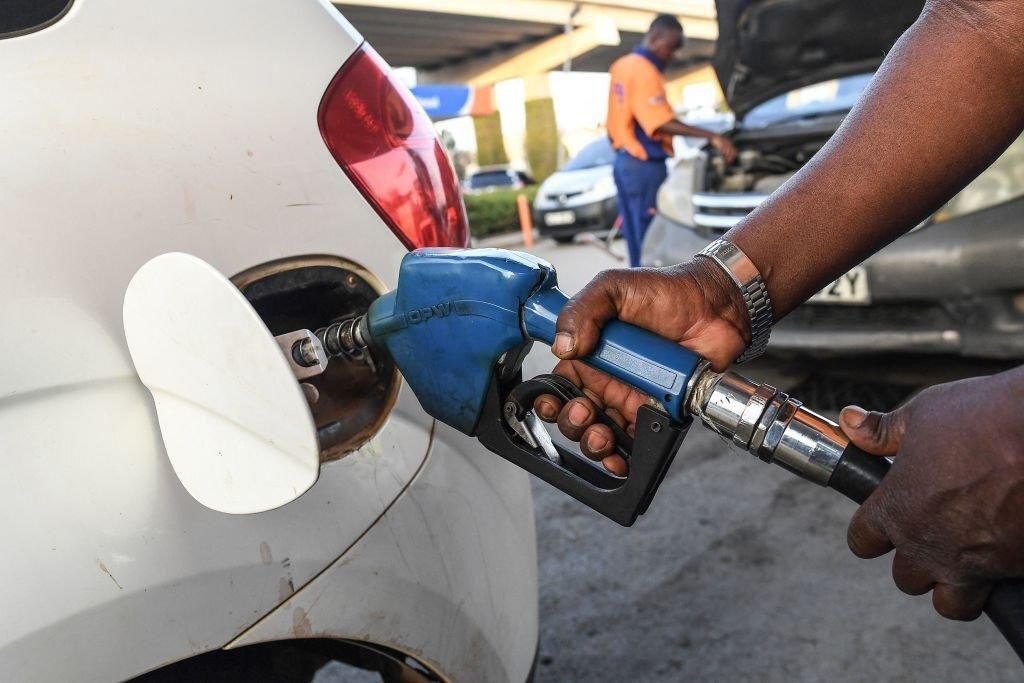

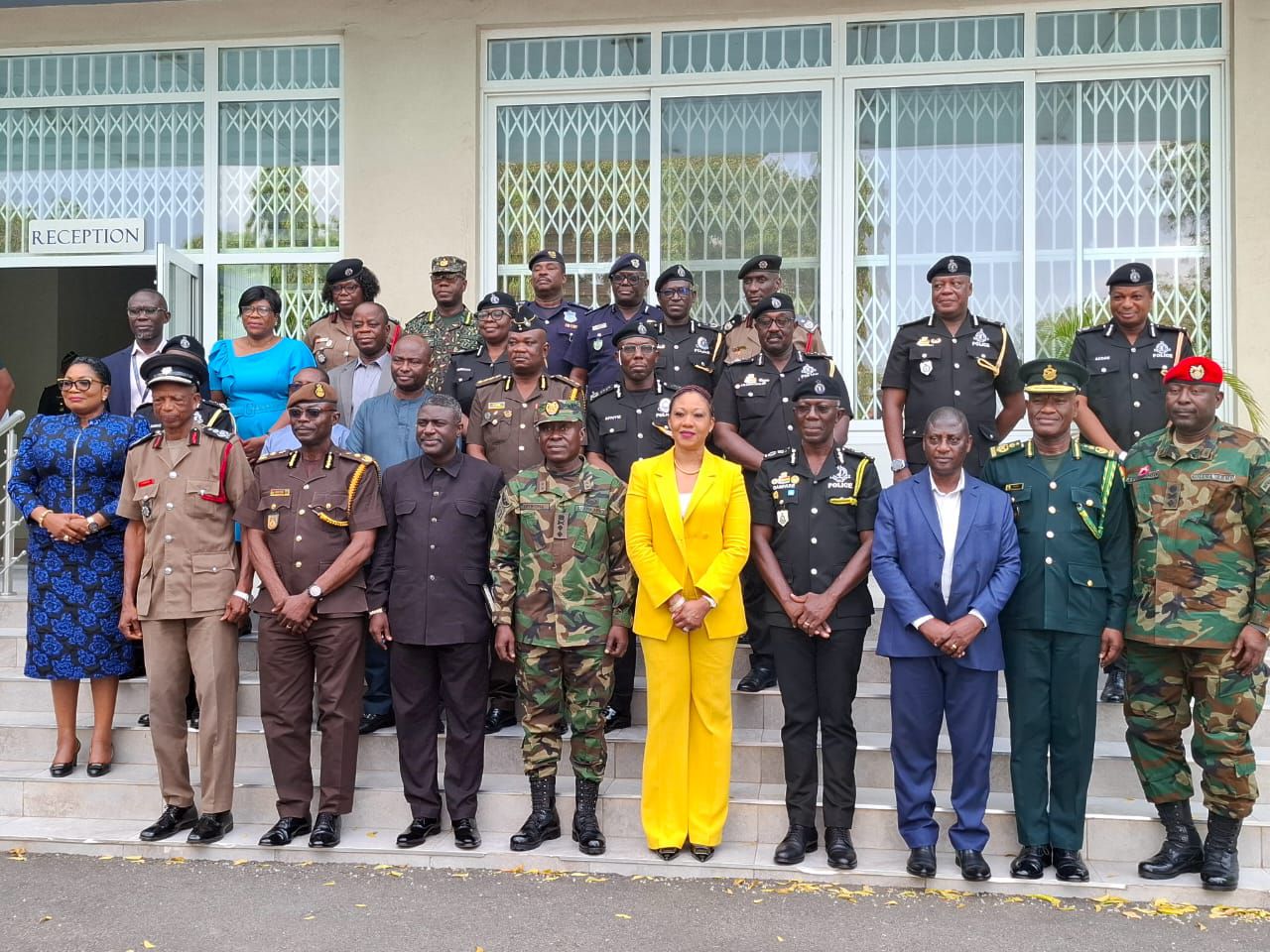
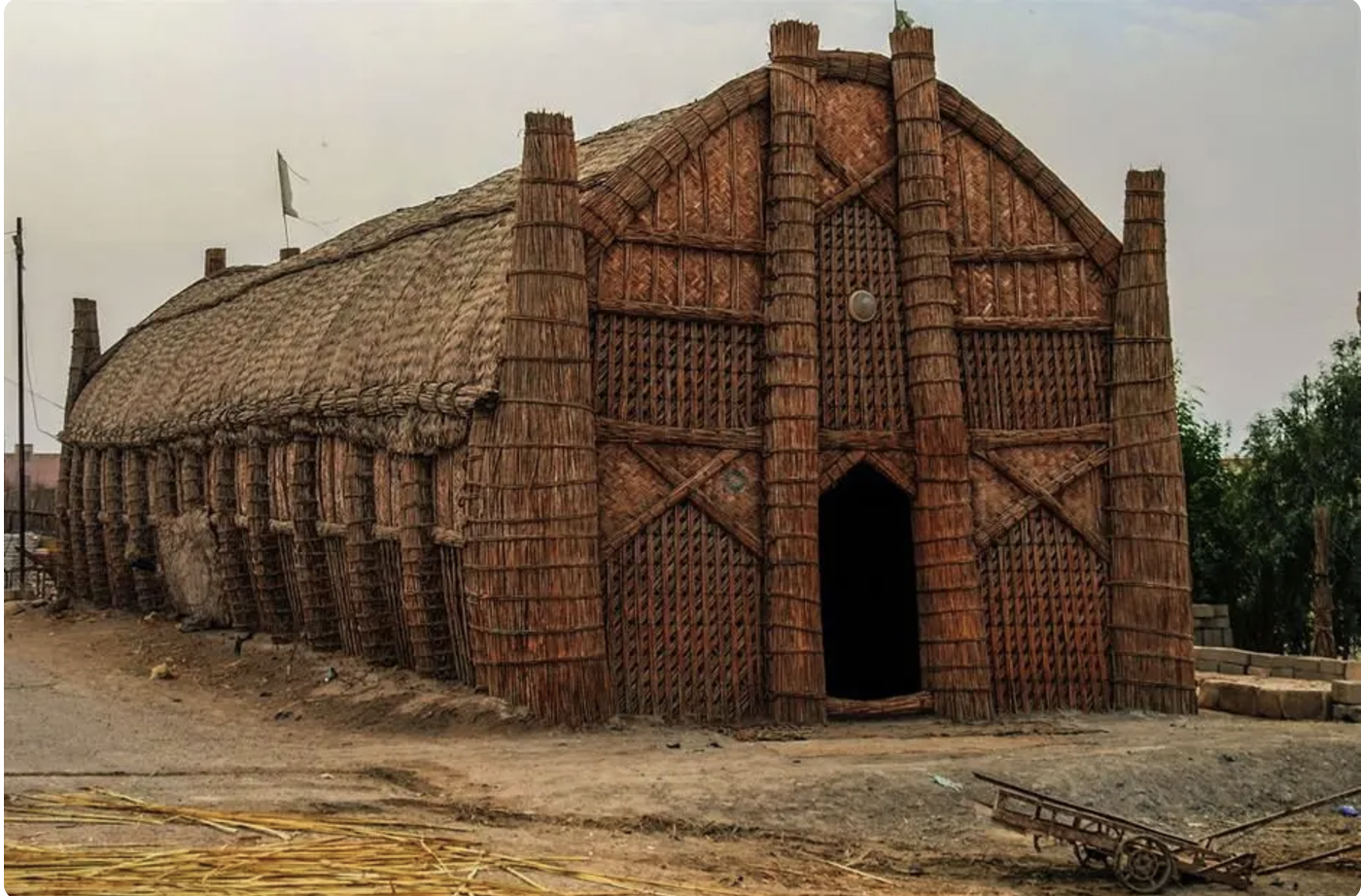
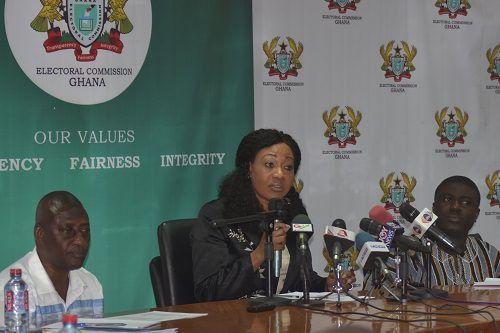

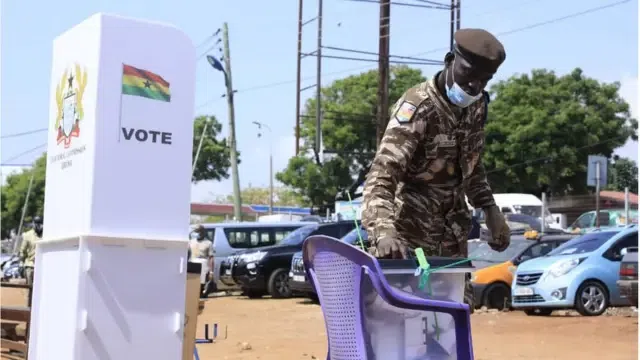



Facebook
Twitter
Pinterest
Instagram
Google+
YouTube
LinkedIn
RSS